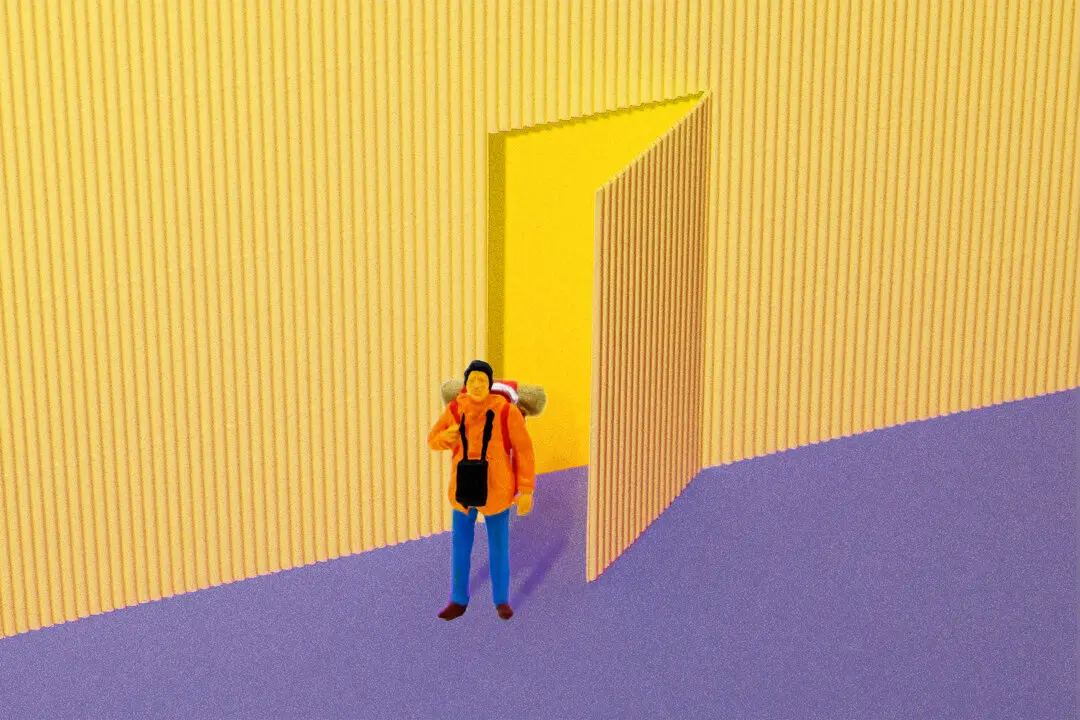OK, calling this a “lost art” is a bit of hyperbole, because there are some people who actually rest these days. But I don’t believe most people do it well anymore.
I could rail about the age of distraction, and social media and devices. Yada yada, you’ve heard it before. But whatever the reason is, we rarely rest anymore.






